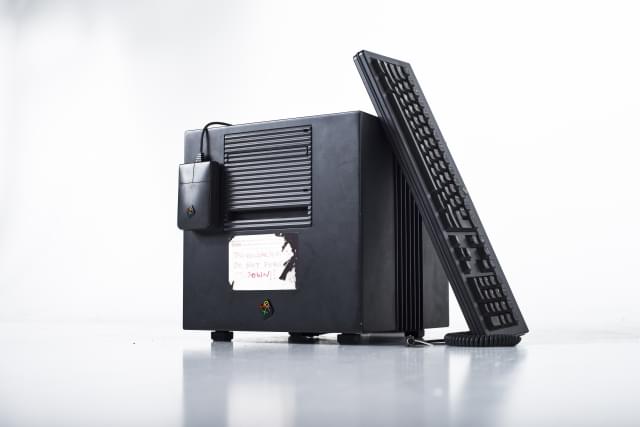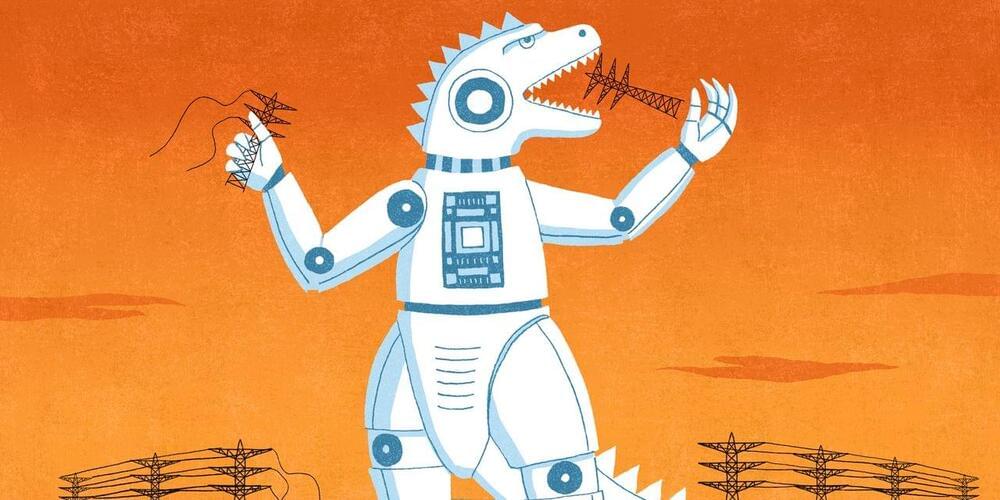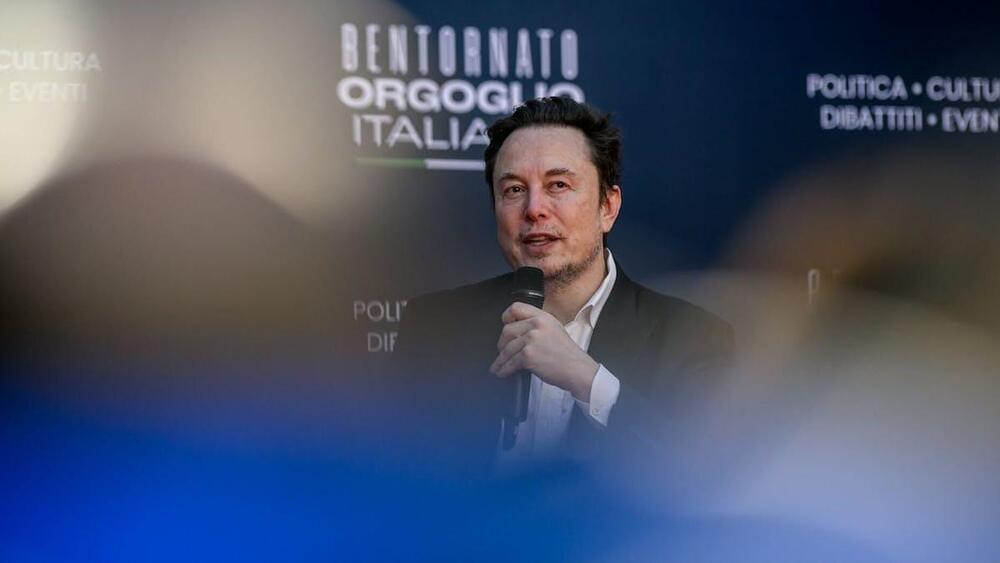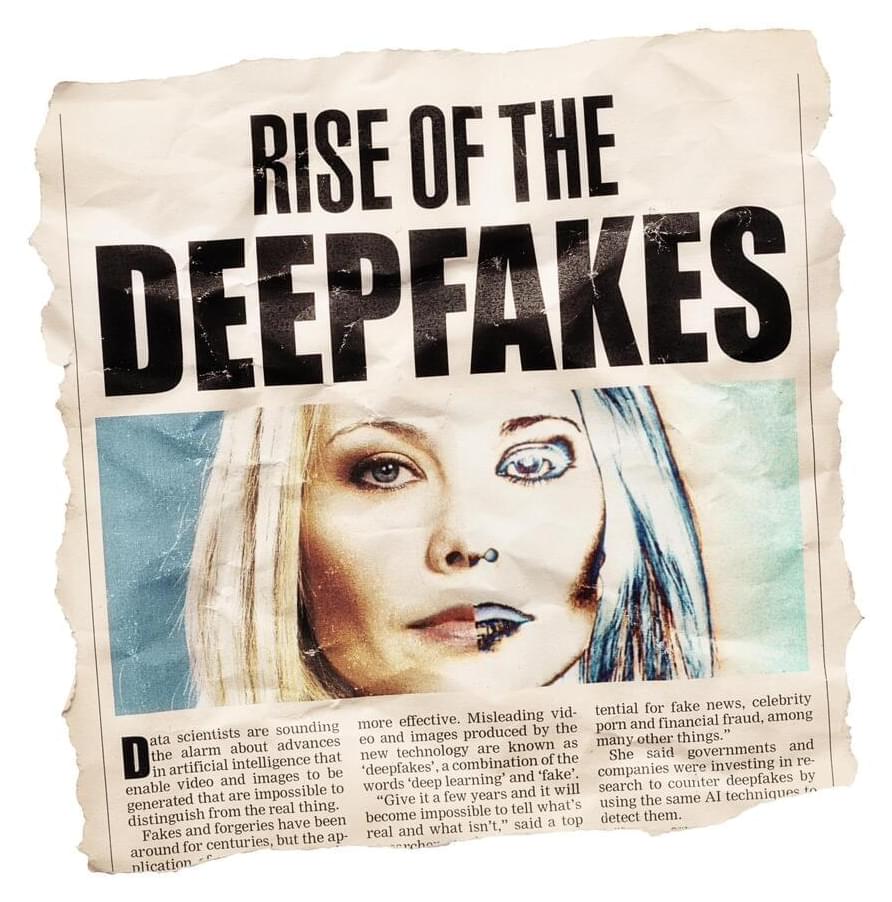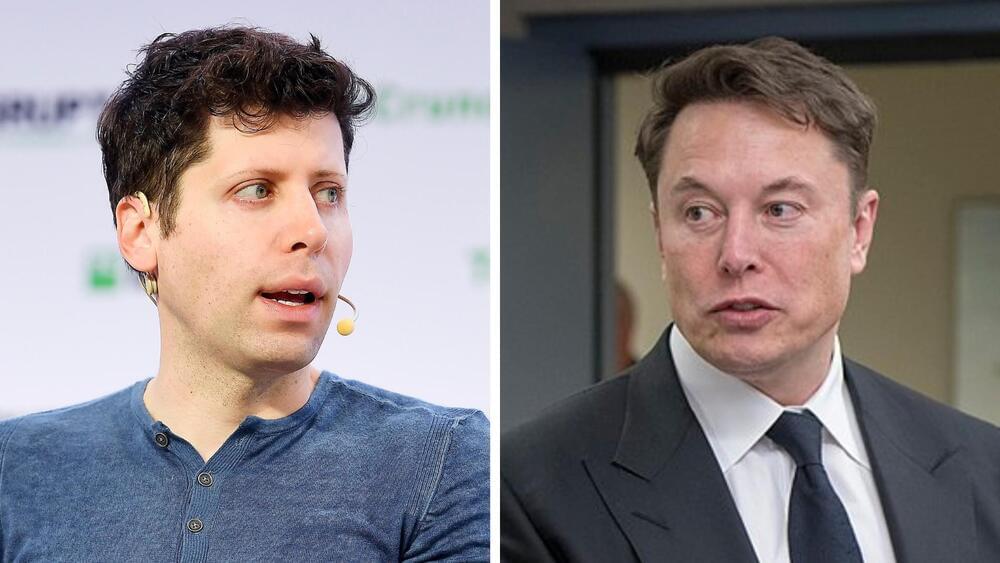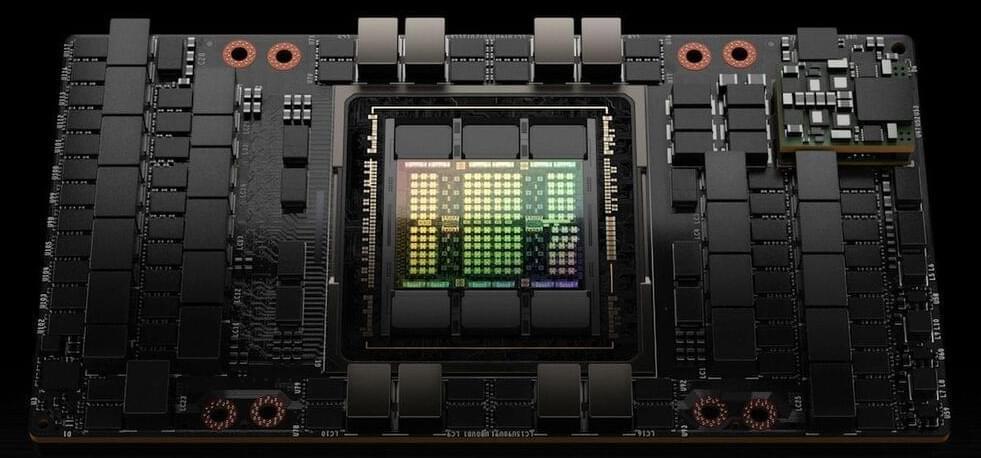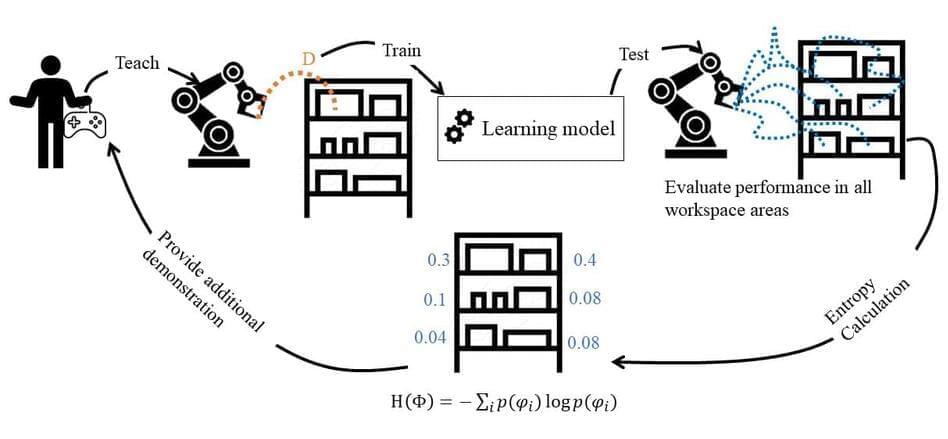The World Wide Web was first tested on Christmas Day in 1990. Tim Berners-Lee and Robert Cailliau set up successful communication between a web browser & server via the Internet.
Tim Berners-Lee, a British scientist, invented the World Wide Web (WWW) in 1989, while working at CERN. The Web was originally conceived and developed to meet the demand for automated information-sharing between scientists in universities and institutes around the world.
CERN is not an isolated laboratory, but rather the focal point for an extensive community that includes more than 17 000 scientists from over 100 countries. Although they typically spend some time on the CERN site, the scientists usually work at universities and national laboratories in their home countries. Reliable communication tools are therefore essential.
The basic idea of the WWW was to merge the evolving technologies of computers, data networks and hypertext into a powerful and easy to use global information system.
